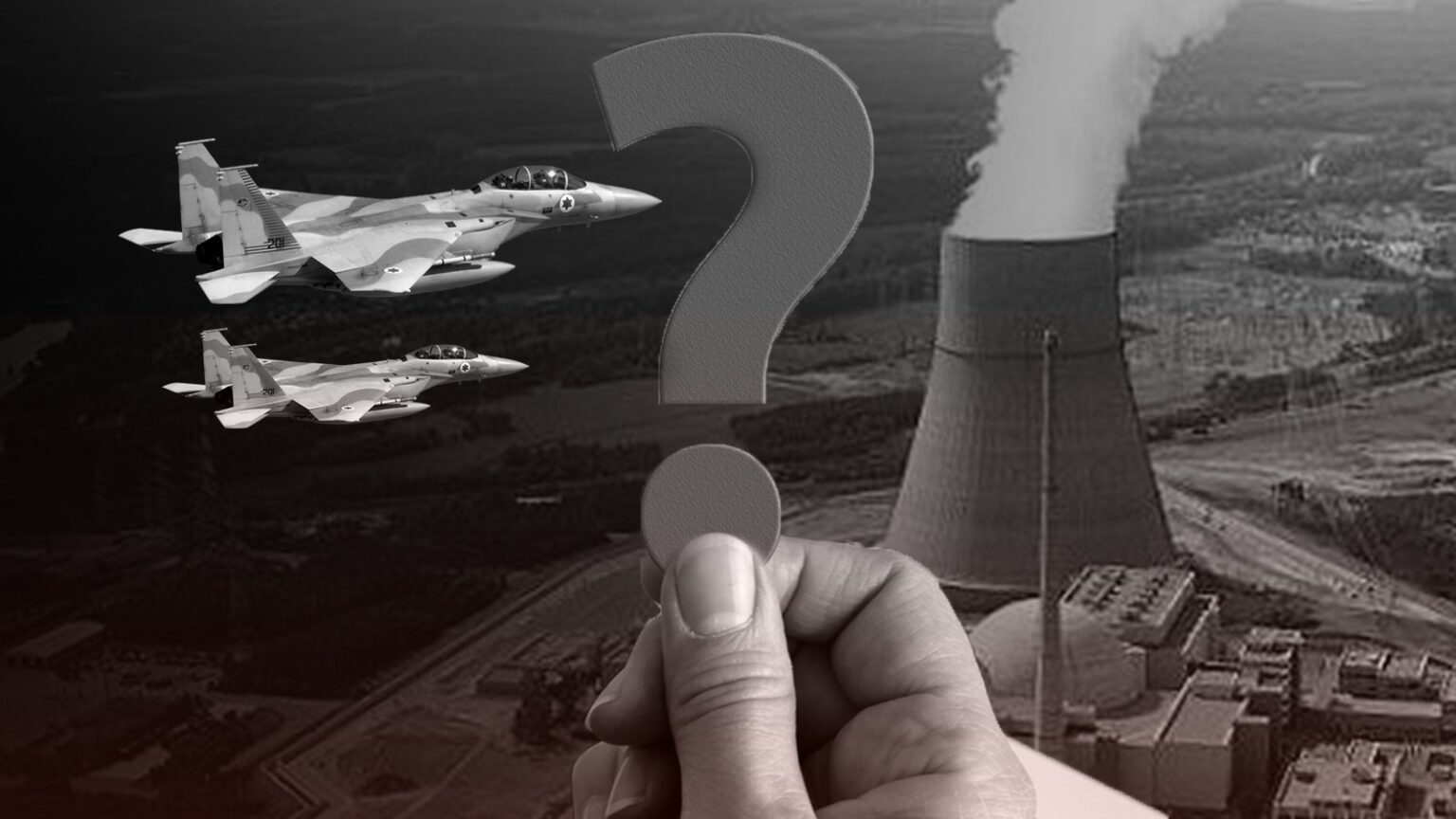The possibility of Israel launching a strike on Iran’s nuclear facilities has been a matter of international concern for years, given the high stakes involved in such a military action. The nuclear issue has gained even more prominence since Iran has significantly advanced its nuclear capabilities following the United States’ withdrawal from the Joint Comprehensive Plan of Action (JCPOA) in 2018. The question remains: How likely is it that Israel will take action, and under what circumstances might this happen?
Iran is now regarded as a “threshold state” by nuclear experts, meaning it has the technical capability and materials required to build a nuclear weapon, though it has not yet crossed the final step of weaponization. This status has heightened Israeli fears, as Prime Minister Benjamin Netanyahu has consistently emphasized that a nuclear-armed Iran would pose an existential threat to Israel.
Israel has long expressed its willingness to take unilateral military action to prevent Iran from obtaining nuclear weapons, arguing that diplomacy and sanctions have thus far failed to adequately curb Tehran’s ambitions. Former Israeli Prime Minister Naftali Bennett echoed this sentiment, recently calling for immediate action to dismantle Iran’s nuclear program. On X (formerly Twitter), he stated, “We must act now to destroy Iran’s nuclear program, its central energy facilities, and fatally cripple this terrorist regime.” This reflects a growing chorus within Israel that sees military action as increasingly necessary, especially as Iran inches closer to nuclear breakout status.
One reason Israel has not yet struck Iran’s nuclear facilities is the significant deterrent posed by Hezbollah, Iran’s powerful proxy in Lebanon. Hezbollah’s vast arsenal of rockets and missiles poses a direct threat to Israeli cities, making any military action against Iran risky due to the likely retaliatory strikes from Hezbollah. However, recent Israeli strikes against Hezbollah targets in Lebanon have reportedly weakened the group’s military capability, possibly removing a key deterrent to Israeli action against Iran.
Matthew Savill, the director of military sciences at the Royal United Services Institute (RUSI), points out that Hezbollah has long been a significant factor preventing an Israeli strike on Iran. With this threat now apparently diminished, Israeli hawks are pushing for decisive military action. Yet, despite these voices, Israel remains cautious, likely weighing the broader regional consequences of such a strike.
The role of the United States is a critical factor in determining whether Israel will act. While Israel has the military capability to launch a strike on Iran’s nuclear facilities, such an operation would likely have far-reaching consequences, drawing in regional powers and potentially escalating into a broader conflict. The U.S. has so far urged caution, with President Joe Biden stating clearly that he does not support an Israeli attack on Iran’s nuclear sites. When asked about the possibility of a strike in response to Iran’s recent ballistic missile attack, Biden replied, “The answer is no,” indicating that the U.S. favors diplomacy and proportional responses.
Washington’s reluctance to endorse a strike may be linked to broader concerns about regional stability. The U.S. has sent additional troops to the Middle East and has assisted Israel in intercepting Iranian missiles. However, it remains committed to preventing a wider war. The U.S. administration is likely concerned about the risk of retaliation against American forces in the region or the possibility of spiraling hostilities involving multiple countries.
Malcolm Davis, a senior defense analyst at the Australian Strategic Policy Institute, notes that Israel might strike Iran’s nuclear facilities if it determines that Tehran is close to producing a nuclear weapon. U.S. intelligence estimates suggest that Iran is just one to two weeks away from reaching nuclear breakout capability, a development that would undoubtedly intensify Israeli fears. According to Davis, Israel’s response could take the form of a conventional military strike or a cyberattack, similar to past operations that targeted Hezbollah’s communication systems. However, he stresses that any Israeli response must be “highly visible” and “decisive” to achieve its intended objectives.
The prospect of a military strike on Iran’s nuclear facilities raises concerns about escalation. Israel is widely believed to possess around 90 nuclear weapons, though it has never officially confirmed this. The presence of nuclear arsenals on both sides raises the stakes for any military engagement, especially given the possibility of miscalculation or rapid escalation.
In December 2023, the Nonproliferation Policy Education Center ran a war game simulation involving Israel and Iran, which ended with both countries launching nuclear weapons. This scenario underscores the catastrophic potential of any military confrontation between the two nations. While such a worst-case scenario remains unlikely, the risk of missteps leading to broader conflict cannot be ignored.
At present, diplomatic efforts to curb Iran’s nuclear ambitions remain ongoing, though they have yet to yield significant breakthroughs. The Biden administration has emphasized the need for a proportional response to Iran’s missile attacks and has considered imposing new sanctions on Tehran. However, it remains unclear how effective sanctions will be in preventing Iran from further advancing its nuclear program.
Israel may be forced to act if it concludes that diplomacy and sanctions are insufficient to stop Iran. Yet, it is also likely that Israeli leaders are weighing the consequences of a strike, including the potential for Hezbollah retaliation, the involvement of U.S. forces, and the broader geopolitical fallout.
Some prominent experts suggest that the Israeli response will be far more severe than any past responses to Iranian attacks. Still, it will stop short of striking Iran’s nuclear facilities.
The likelihood of an Israeli strike on Iran’s nuclear facilities depends on several key factors. Israel’s leadership has made it clear that it will not tolerate a nuclear-armed Iran, and as Tehran approaches nuclear breakout capability, the window for diplomatic solutions may be closing. At the same time, significant deterrents remain, including the threat posed by Hezbollah and the potential for regional escalation.
While a strike is not impossible, it is also not inevitable. Israel will likely continue to monitor Iran’s nuclear activities closely and may take action if it believes its security is at immediate risk. However, for now, the situation remains fluid, with diplomacy, sanctions, and international pressure still in play.


